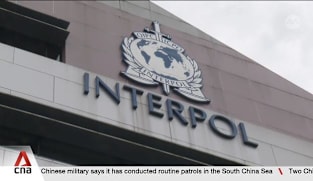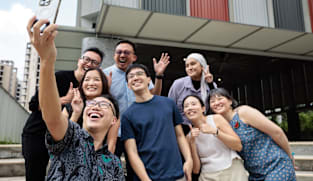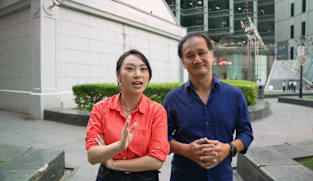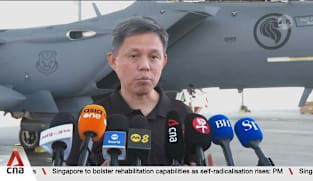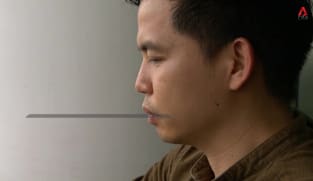Shawn Huang on Income Tax (Amendment) Bill
The Enterprise Innovation Scheme (EIS) can give Singapore businesses a competitive advantage on the global stage by providing enhanced tax allowances in today's highly competitive and rapidly changing business environment, said MP Shawn Huang. Speaking in Parliament on Tuesday (Oct 3), he said introducing tax breaks for qualifying innovation projects with selected partner institutions is a “progressive” step and fosters knowledge exchange and potentially game-changing innovations. He wanted to know more about the eligibility criteria, as well as the Government’s plans to raise awareness and reach out to businesses. Mr Huang said long-term commitment to such incentives can provide businesses with the stability and assurance needed for effective and sustained innovation efforts. He wanted to know how the Ministry of Finance will decide on whether it would extend the scheme beyond 2028. Mr Huang also said it is prudent to establish a balanced framework of monitoring and evaluation. He believes the EIS has the potential to stimulate Singapore's innovation and economic growth. To maximise its impact, it is critical to provide clarity, raise awareness and continuously track its effectiveness while keeping long-term commitment and inclusivity, he added. Turning to the philanthropy tax incentive scheme for family offices, he said it represents a bold step forward in harnessing wealth and generosity for the greater good. He stressed the need for transparency and accountability to ensure that family offices understand the criteria for participation. Singapore should embark on the journey to become a regional, if not global, philanthropy hub with a sense of purpose, he added.
The Enterprise Innovation Scheme (EIS) can give Singapore businesses a competitive advantage on the global stage by providing enhanced tax allowances in today's highly competitive and rapidly changing business environment, said MP Shawn Huang. Speaking in Parliament on Tuesday (Oct 3), he said introducing tax breaks for qualifying innovation projects with selected partner institutions is a “progressive” step and fosters knowledge exchange and potentially game-changing innovations. He wanted to know more about the eligibility criteria, as well as the Government’s plans to raise awareness and reach out to businesses. Mr Huang said long-term commitment to such incentives can provide businesses with the stability and assurance needed for effective and sustained innovation efforts. He wanted to know how the Ministry of Finance will decide on whether it would extend the scheme beyond 2028. Mr Huang also said it is prudent to establish a balanced framework of monitoring and evaluation. He believes the EIS has the potential to stimulate Singapore's innovation and economic growth. To maximise its impact, it is critical to provide clarity, raise awareness and continuously track its effectiveness while keeping long-term commitment and inclusivity, he added. Turning to the philanthropy tax incentive scheme for family offices, he said it represents a bold step forward in harnessing wealth and generosity for the greater good. He stressed the need for transparency and accountability to ensure that family offices understand the criteria for participation. Singapore should embark on the journey to become a regional, if not global, philanthropy hub with a sense of purpose, he added.










